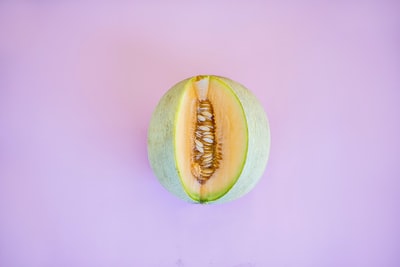The contamination of our drinking water has many health citizens scurrying about, alerting their neighbours and family members to the threat of potential illness or worse. orders for home water filters are taking up the majority of the compactus as themselves, myself included.
What can be done to assure one is drinking water that is safe to drink? Selecting the right source can be the most important step in providing clean, safe drinking water. Many agencies claim to have brought up the quality of our drinking water in the past, only to later have to apologize for their findings.

Safe drinking water is more than just acquiring a water filter, because in addition to other measures many experts also believe that insuring the proper flow of water is guaranteed by a water company is also crucial.
Now, I don’t know if the claims of agency overstatement or outright lies are true or not, I only use this personal experience to explain what is at play here. I Operation of any water filtering system is completely dependent on the proper flow of water into a system. This proper flow will create a pure and contaminant free drinking water.
A flow regulation system is what you need to assure the flow of water is safe. These systems will vary from a complete water solution that will deliver filtered water to your home to a more economical point of use system that filters water into a few select parts and delivers it to your loved ones. Usually, this system will also include the proper Reverse Osmosis filters to ensure that there is enough water left to ensure drinking water is clean and pure.
Many people turn to the buy-local approach with their water filters, this is a good strategy but the Reverse Osmosis filter provides higher quality water than even the local option. With the RO system, you can order water that will last up to several years. Other systems like distiller systems may only be as good as the water company line itself.
Another thing that should be considered is the effect of someSelective filtering systems imparting the ‘natural flavor’ or ‘natural smell’ of water, which is the by-product of chlorine and other disinfectants. These odorless varieties are free of those impurities which develop during normal water preparation procedures.
There are several other important issues to consider when adding a selective filtration system to your list of recommended drinking water treatment systems. For instance, you will want to consider if you want the bottled type of system or if you want the more compact version. The longer you hold off on adding a selective filtration system, the more likely you are to end up with a system that removes contaminants out of the water supply, but allows for the trace minerals to remain. If the system becomes impure while you are using it, you will want to add a more powerful one to get rid of the chlorine and other disinfectants anyway.
There are other special needs that come up with distilled water about which you need to consult with your doctor and/or physician to understand. Since there are practically no regulations on the purity of this kind of water, not many people have experienced the side effects right away. But, once you add in the mild effects of chlorine and the slight increase in pH levels, you are likely to experience changes sooner or later.
So, if you are bored and tired of drinking the standard stale brew that comes hand in hand with your breakfast along with all the other bland tasting drinks that you have tried and eyed at one store or another, then you will want to consider purchasing a home drinking water treatment system.
Not only will you be able to meet one half of your drinking water needs, you will also be able to eliminate the other half. No doubt, this will be an entirely new experience for your family and it will alter the way they think about drinking water.








